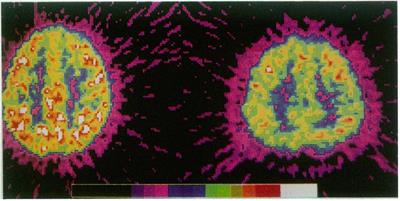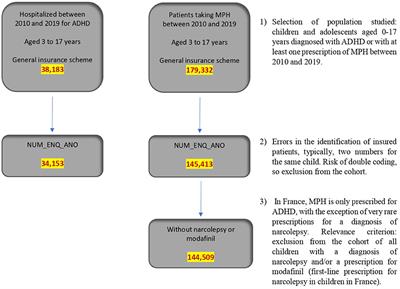EDITORIAL
Published on 16 Jan 2023
Editorial: ADHD: Science and society
doi 10.3389/fpsyt.2022.1129728
- 4,333 views
- 1 citation
16k
Total downloads
118k
Total views and downloads
EDITORIAL
Published on 16 Jan 2023
PERSPECTIVE
Published on 10 Jan 2023
REVIEW
Published on 21 Dec 2022
ORIGINAL RESEARCH
Published on 14 Dec 2022

REVIEW
Published on 03 Nov 2022

ORIGINAL RESEARCH
Published on 10 Oct 2022

PERSPECTIVE
Published on 22 Aug 2022

